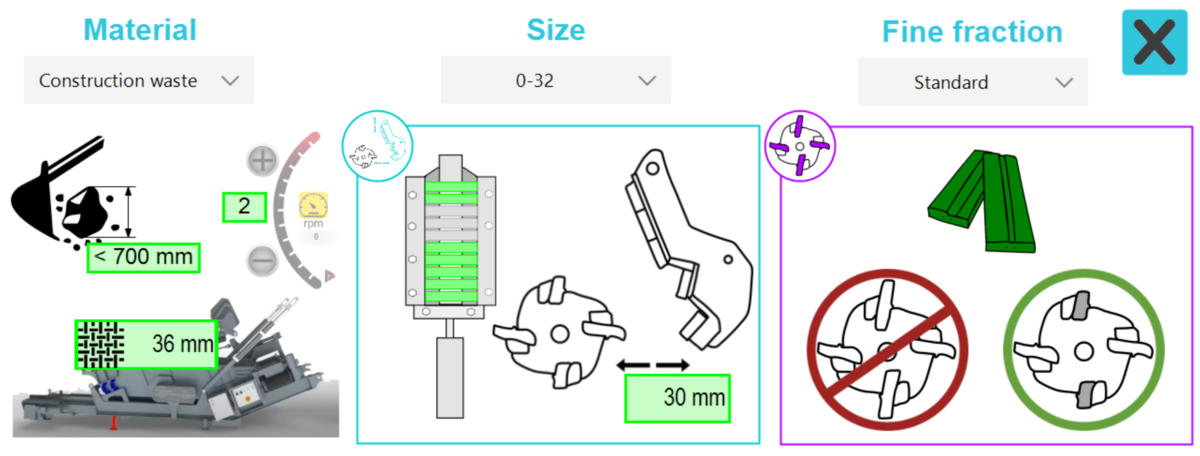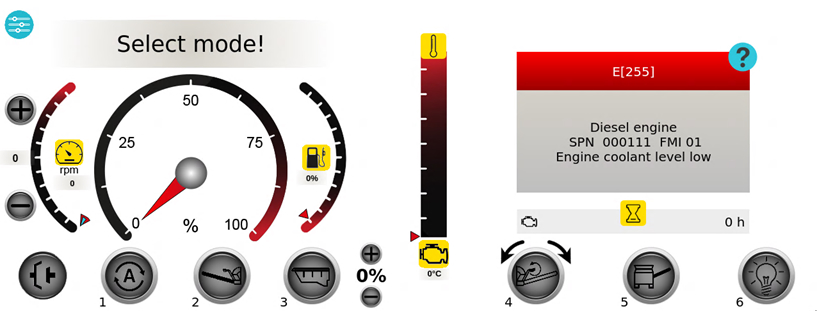What indicates a problem with a mobile impactor?
Your mobile impactor will warn you before it breaks down. Learn the key signs to watch for and how to prevent small issues from becoming costly downtime.
When you invest in a mobile impactor, you expect reliability, productivity, and consistent output. But like any piece of heavy equipment, even the toughest machines show signs when something isn’t right. The good news? Spotting these signals early keeps your production running smoothly and saves you costly downtime.
At RUBBLE MASTER, we know that keeping your crusher in top condition means paying attention to what your machine is telling you.
A properly serviced impactor should run smoothly with minimal vibration. Grinding, rattling, or thumping noises usually point to mechanical issues.
Possible causes:
Prevention:
If your mobile impactor isn’t producing the tonnage or product quality it usually does, something is wrong.
Possible causes:
Prevention:
The new Setup Advisor on the latest RM 90X and RM 100X models helps you find the right setting for your application.

All crushers generate heat, because there are many moving parts. However, consistent overheating is a major warning sign.
Possible causes:
Prevention:
The new RM 90X and RM 100X model shows operator issues on the 11½" display, radio remote control, and on the app on your smartphone or tablet.

A sudden rise in fuel burn is often overlooked but is one of the clearest signs of inefficiency.
Possible causes:
Prevention:
Leaks are never typical and should be addressed immediately.
Possible causes:
Prevention:
A mobile impactor is one of the hardest-working machines on a job site. By watching for these warning signs—noise, efficiency loss, overheating, rising fuel costs, and leaks—you can address problems early and keep your crusher performing at its best.
Routine inspections, proactive maintenance, and training your crew to recognize these signals will dramatically reduce downtime and extend the life of your machine.